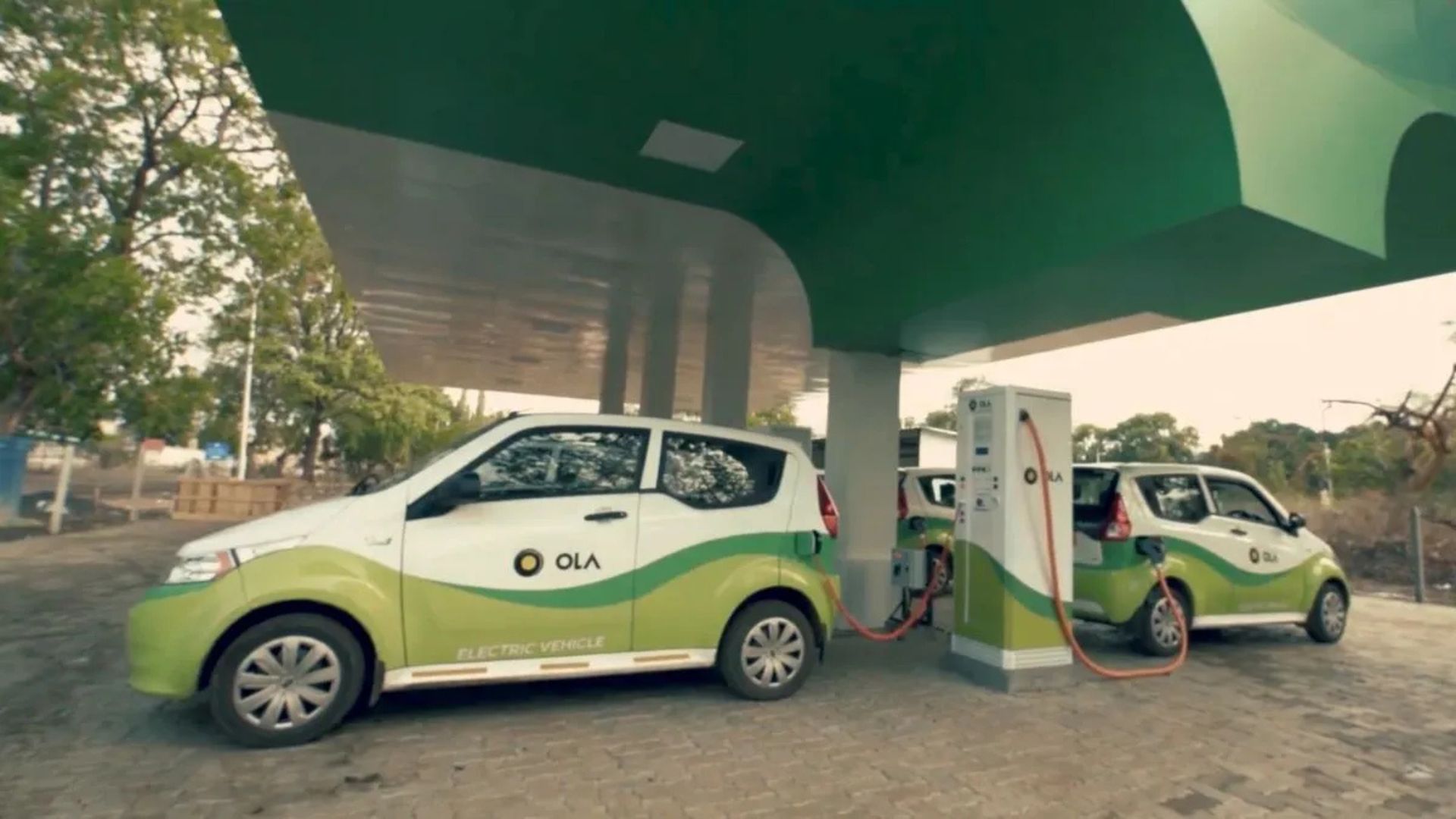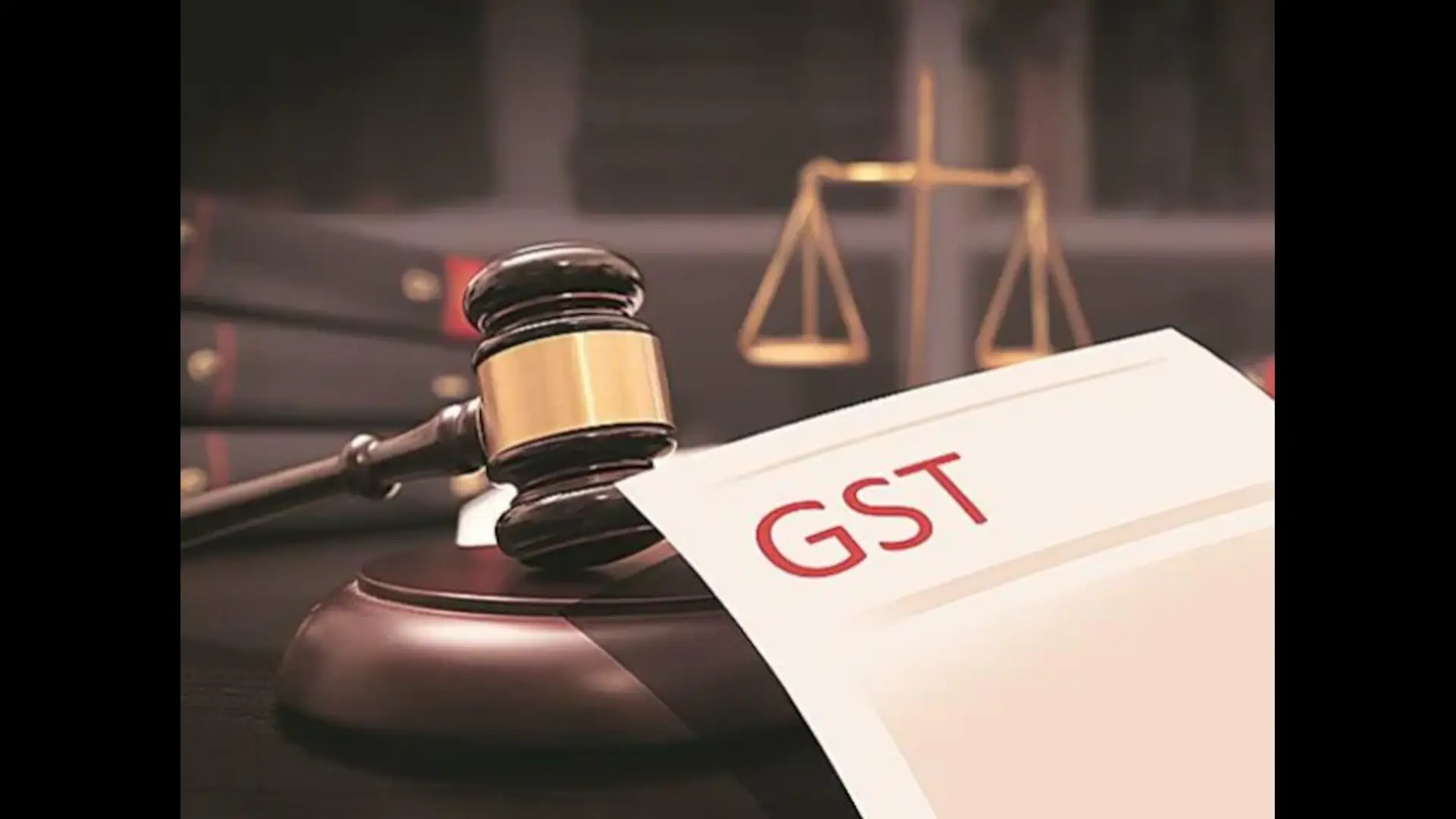The Central Consumer Protection Authority (CCPA) has issued new directives to Ola, mandating the implementation of a consumer-friendly mechanism that allows customers to select their preferred method of receiving refunds. This significant policy change comes as part of efforts to enhance consumer rights and service transparency.
Under the new guidelines from the Ministry of Consumer Affairs, consumers will now have the option to receive refunds directly to their bank accounts or through coupons, moving away from Ola’s previous policy that only provided coupon codes for future rides. CCPA’s Chief Commissioner, Nidhi Khare, highlighted that the earlier “no-questions-asked” refund policy did not adequately empower consumers, as it encouraged them to book additional rides rather than providing direct monetary refunds.
In addition to refund policies, the CCPA raised concerns regarding Ola’s invoicing practices for auto rides. Customers attempting to access their invoices were met with a message stating, “Customer invoice for auto rides will not be provided due to changes in Ola’s auto service T&Cs.” The CCPA deemed this practice an “unfair trade practice” under the Consumer Protection Act, 2019, which mandates the issuance of bills, receipts, or cash memos for services rendered.
Ola’s Response to Regulatory Intervention
In response to the CCPA’s intervention, Ola has implemented several consumer-centric changes aimed at increasing transparency and building consumer trust. Key updates include:
- Grievance Contact Information: Details of grievance and nodal officers, including names, phone numbers, and email addresses, are now prominently displayed in the support section of Ola’s website.
- Ride Cancellation Information: The allowed time for ride cancellations and associated fees are now clearly displayed at the time of booking.
- Driver Acceptance Screen: A new screen for drivers shows both pickup and drop-off locations to minimize confusion.
- Transparent Fare Information: Consumers now have access to important fare details, including base fare, per-kilometer fare, and pre-wait charges, before booking a ride.
Enhancements for Drivers
Ola has also communicated with drivers, encouraging them to accept digital payments and adjust air conditioning settings as needed. Furthermore, the company has adjusted payment cycles to ensure drivers receive timely payments.
The CCPA’s directive comes in response to a significant number of complaints filed against Ola on the National Consumer Helpline (NCH). From January 1, 2024, to October 9, 2024, a total of 2,061 complaints were recorded, addressing issues such as higher-than-displayed fares, non-refunds, drivers requesting extra cash payments, and incorrect pickup or drop-off locations.
With these new directives, the CCPA aims to improve consumer rights and foster greater accountability in ride-hailing services.







